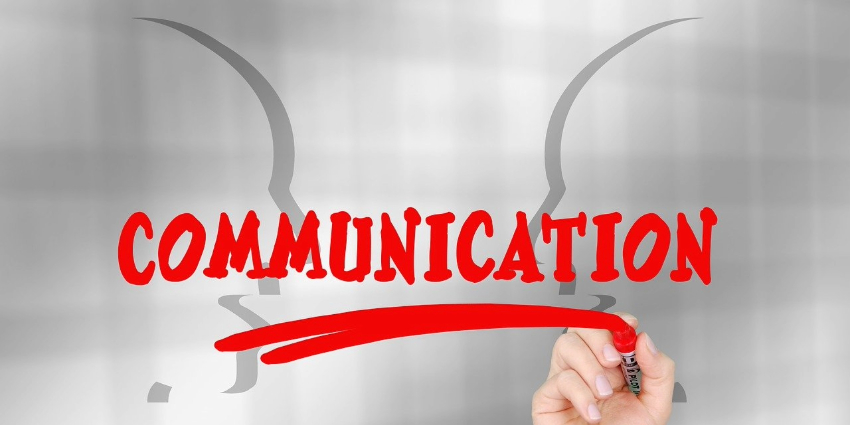February is an interesting month.
Some of my clients are in the final month of Q1.
Some are smack-dab in the middle of Q1.
And some are kicking off Q1 this month.
No matter where you happen to be in that matrix, no doubt the concept of time has weighed on your mind.
In thinking about February’s Thought Partners, I kept returning to this concept of TIME. (I also couldn’t get that 1987 Bangles song “Hazy Shade of Winter” out of my mind, which begins with Susana Hoffs’ hauntingly famous opening lyrics, “Time, Time, Time, see what’s become of me…” If I’ve just rekindled a sense of nostalgia in you, treat yourself to the video and jam out in your car by clicking the link above. If I’ve lost you, you need to click the link and enjoy a step back in time, to a time like no other. You’re welcome.)
When we think about time and more specifically how we spend it, we often make the mistake of saying things like:
- I need to improve my time management.
- I want to be able to maximize my time better.
- I use my calendar to manage my time but I still don’t know where my time goes.
Time management doesn’t exist. We can’t manage time; it’s managed for us. We all have 24 hours in one day. You can’t get more time than me no matter how colorful your calendar is. It just doesn’t work that way.
What does exist are the following 4 Attention Management Pillars. Take a look and see what resonates with you.
- Decision Management – Ever wonder why highly successful people eat the same breakfast, wear the same outfit, and are rigid with their routines? They have eliminated the time it takes to make what I call “price of admission” decisions – easy, no-brainers. If you wear a “uniform” to school or work, it eliminates a good 15-20 minutes of decision-making in the morning. Think I’m wrong? It’s why Steve Jobs wore a black turtleneck every day. What parts of your day are begging for you to simplify or eliminate your decision-making so you can more quickly put your attention elsewhere?
- Task Management – Most of us are familiar with the 4 Ds – Do, Defer, Delegate, and Delete but many of us don’t maximize the use of this strategy. Snag a piece of paper, make four sections on the page, list what YOU must DO, list what you can DEFER to another time, list what you can DELEGATE to SOMEONE other than YOURSELF, and list what can be DELETED either because it’s not going to move the needle for you, it was a good idea at the time but things have changed, etc…There are items to put in this bucket, believe me.
- Energy Management – This is one of the most critical Attention Management strategies you can use to your advantage. Energy Management harnesses our productivity cycles. Productivity cycles are a dance between our energy levels, mood, and focus that determines how productive we can be at various times of the day. By getting in tune with our energy, we can know when we need to dive in and conquer tasks with focus and precision and when we need to take care of things that require less focus. For example, if you are a morning person, what can you do to reschedule meetings to the afternoon so that your morning, focus time, is reserved for doing “head down” work? Are you working at the best times of the day for the work you need to accomplish? Manage your energy, manage your focus, and maximize your productivity.
- Distraction Management – This is probably the toughest of the bunch to master. Distractions are all around us – Internal, External, Unplanned, etc…Unless there is an emergency (and sometimes that is the case) everything else is a distraction that you can come back to once you’ve made some progress on your work and have come to a stopping point. We don’t tend to think like that, but you would be amazed at the magic of phrases like: “Great item for us to talk about, I’ve got time at 3pm today, let’s talk then.” or “Can you give me the morning to think about that and I’ll get back to you by “x time”? Or how about turning off notifications on your phone or email during certain times of the day? Those settings exist; I use them so I can write these Thought Partners 😉. How can you manage your distractions?
I hope one of these strategies will be useful for you to implement. No matter where you are in Q1, before you know it, we’ll be talking about Q3; happens to us every year. Let’s see if we can harness our attention so it doesn’t sneak up on us quite as quickly this year.













